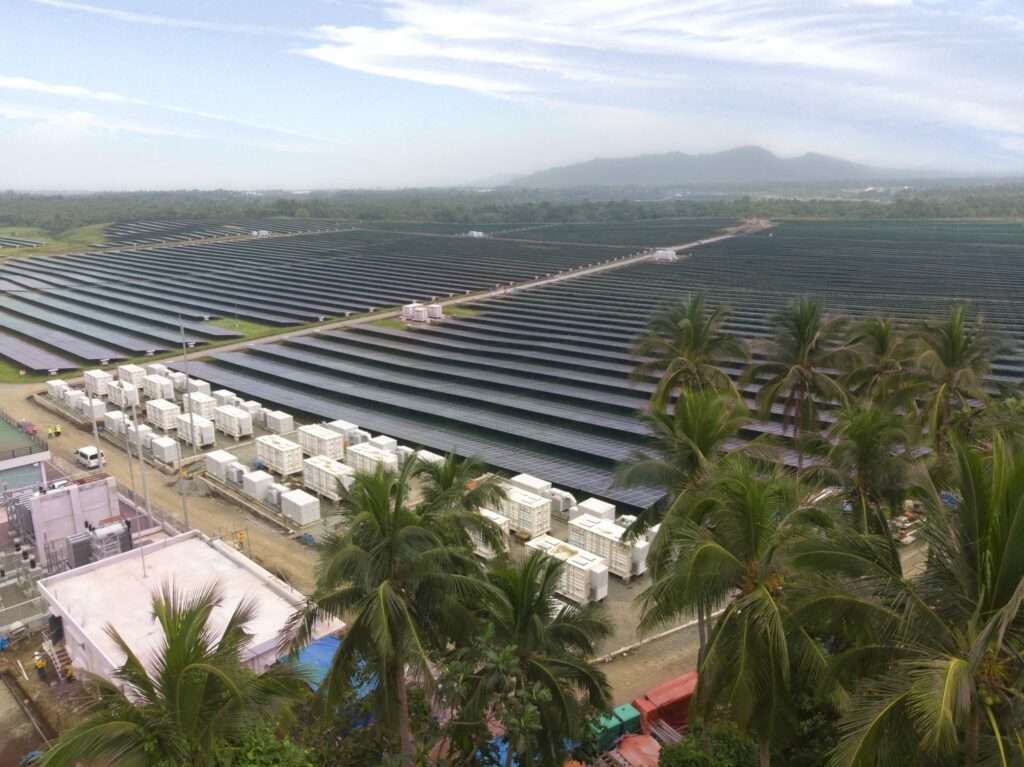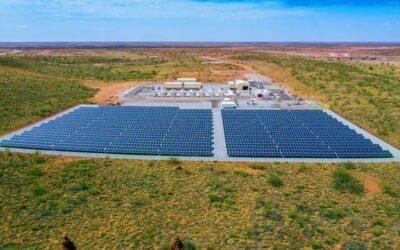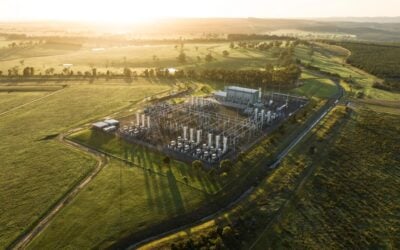
The Philippines Department of Energy (DOE) has outlined new draft market rules and policies for energy storage, a month after the country allowed 100% foreign ownership of renewable energy assets.
The document ‘Adoption of Energy Storage System in the Electric Power Industry’, set out the Department’s policy for energy storage technology in the country’s power market, following focus group discussions and studies in November.
Enjoy 12 months of exclusive analysis
- Regular insight and analysis of the industry’s biggest developments
- In-depth interviews with the industry’s leading figures
- Annual digital subscription to the PV Tech Power journal
- Discounts on Solar Media’s portfolio of events, in-person and virtual
The country is aiming for a renewable energy generation mix of 50% by 2040 and, the new document reads, growing intermittency “…necessitates enhancement of the existing ESS policy and regulation to accommodate the development of ESS in support to the renewable energy integration and grid stability.”
It said the definition of energy storage systems, or ESS, will be facilities capable of absorbing energy generated from a renewable energy source or generation facility connected to the grid, and injecting stored energy when needed.
It is not clear if the document goes as far as changing the classification of ESS technology from ‘generation’, a situation which could be preventing generation companies from investing in the asset class because of limitations on market share.
The document went on to outline the four technologies it considers part of ESS technologies although said the list was not exhaustive. The technologies are battery energy storage systems (BESS), compressed air energy storage (CAES), flywheels and pumped hydro energy storage (PHES).
Some local outlets have characterised this as a ‘snub’ of green hydrogen technology and cited the ‘disappointment’ of some energy storage market players at its omission.
The move comes a month after energy secretary Raphael PM Lotilla signed a circular permitting 100% foreign capital participation in renewable energy projects such as solar and wind, which was previously limited to 40%. The 40% cap has historically applied to key sectors like energy and telecoms.
Following that reform, a group of Chinese companies committed to investing US$13.7 billion in the country’s renewable and energy storage sector as reported by our sister site PV Tech.
The Department of Energy said that ESS projects will provide ancillary services, energy through bilateral agreements or market trading, manage the intermittency of renewables, augment conventional generation facilities’ output, provide a non-wires alternative for transmissions system upgrades, improve power quality and help end-users manage their demand.
Read the document in full here.
The 100% foreign ownership rule change came a week after Aboitiz Power, a generator, distributor and retailer of electricity, commissioned a 49MW BESS unit at a floating diesel plant in Mindanao, provided by Finland-based power technology firm Wärtsilä.
2022 also saw progress on around 1,000MW of battery storage projects, detailed in separate reports from June and July, while a solar-plus-storage project with 4,500MWh of BESS was proposed. The first such co-located unit in the Philippines came online in February.
A feature article in the most recent edition of our quarterly journal, PV Tech Power, looked at the emergence of opportunities for energy storage in the Southeast Asia region, driven by a need to meet rising demand for electricity in a part of the world experiencing rapid economic growth.
Combined with a need for modernisation of energy networks and increasingly ambitious renewable energy targets, Southeast Asia, including the Philippines, is seeing a “real uptick in investments” into energy storage, DNV principal consultant and energy storage lead in the APAC region George Garabandic said in an interview for the article.
Energy-Storage.news’ publisher Solar Media will host the 1st Energy Storage Summit Asia, 11-12 July 2023 in Singapore. The event will help give clarity on this nascent, yet quickly growing market, bringing together a community of credible independent generators, policymakers, banks, funds, off-takers and technology providers. For more information, go to the website.






